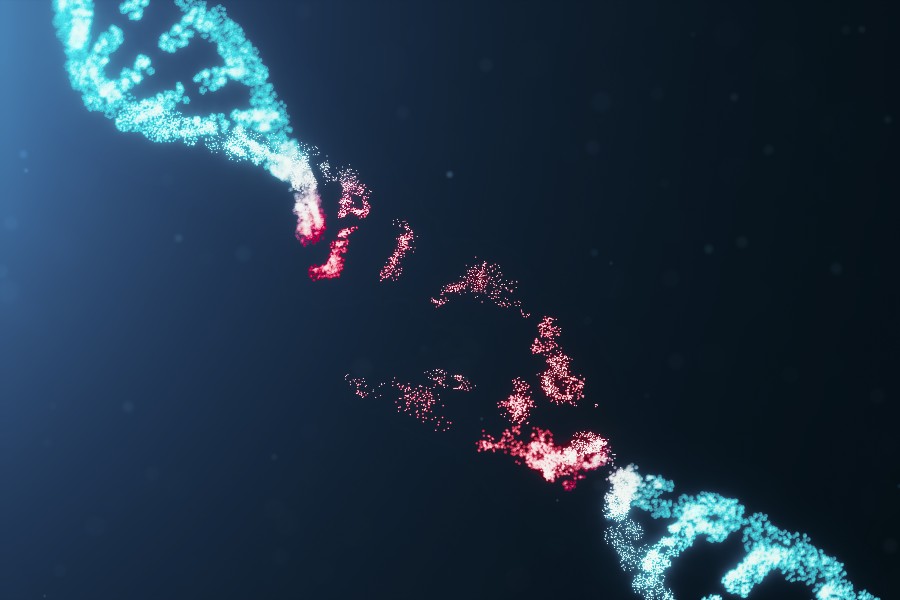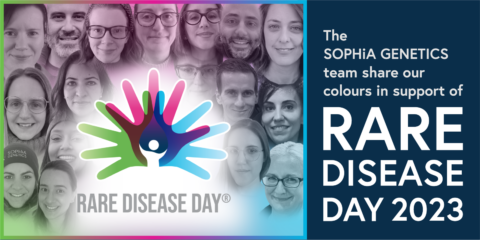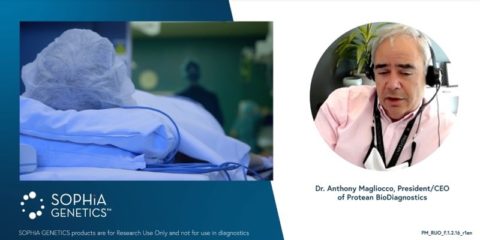So many labs had to turn their focus away from researching highly specialized areas of disease toward detecting, monitoring, and preventing the spread of SARS-CoV-2. While this change has been vital to help discover life-saving solutions like the vaccines, it’s also a focus-shift of resources that could make a mark in the realm of oncology research. That is, if labs are unable to dig themselves out from under those constantly growing piles of medical data.
How COVID-19 affected cancer testing
According to a survey conducted by the Association of Molecular Pathology (AMP) that included 163 laboratories worldwide, almost 70% said they had to decrease or stop the development and validation of certain tests for cancer research in 2020. Of those respondents, 48% reported it took much longer to receive any results from molecular cancer testing. Much of these roadblocks were due to shortages of reagents to perform tests, staff shortages, and overall limitations that were only made worse by the pandemic. The impact this may have on cancer research and treatment is not yet fully known. The total implications may not be felt within the industry for years to come. What is known is that cancer did not take a break during the pandemic and there’s much to be analyzed that had not been.
Studies cited in a Harvard Gazette report show that there’s been a sharp decline in routine screening – some reports decreasing by 85-90%. Fewer people are visiting their doctors in person. This means less people are catching the early signs of cancer that their physician could help discover in routine examinations. Some projections show that in the next five years, the death rate related to cancer could be 4-17% higher because of the limitations brought on by the pandemic. This is where data-driven medicine could come to the aid. By reducing the number of resources required to perform in-depth molecular analysis through NGS, labs may be capable of keeping up with growing demands for cancer screening.
How can a streamlined workflow solve for lab efficiency?
Each laboratory can only be stretched so thin when it comes to how many people or machines they have on hand. But analysis could be streamlined in ways that enhance the output from sample data. Next Generation Sequencing creates new paths for discovery in oncology and there are tools that bring further insights from that data. SOPHiA GENETICS has a large portfolio of solutions that can be utilized with SOPHiA DDM™. With accurate biomarker detection down to the exonic level, improved uniform coverage leaves less likelihood that you’re missing an important component that will better inform your results
SOPHiA GENETICS also offers a solution with Paragon Genomics for SARS-CoV-2 research and surveillance. By applying what we already know about optimizing analysis for oncology, the most relevant and essential data can be brought to the surface for faster and more precise reporting.
You can also read more about how our genomic experts have worked with international partners to offer new guidelines in amplicon-based SARS-CoV-2 genotyping.












